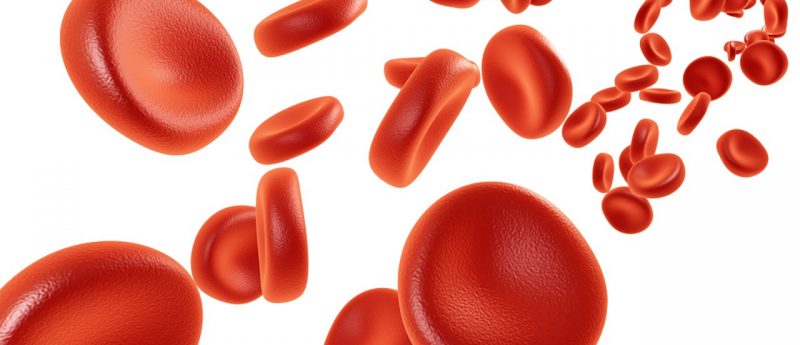Nano-chip shows potential in early detection of cancer

Researchers have used recent advances in plasmonics, nano-fabrication, microfluidics and surface chemistry to develop a lab-on-a-chip device. Low concentrations of cancer biomarkers can be detected using the novel platform, which can lead to early cancer detection.
The nano-chip is only a few centimetres square in size, and has gold nanoparticles chemically programmed with an antibody receptor on the surface of its microfluidic channels. When blood samples are injected into the chip, any cancer biomarkers that are present bind to the nanoparticles, and trigger changes in what is known as the ‘plasmonic resonance’. By monitoring these changes, the device is able to assess the risk of the patient developing cancer.
The international team recently published their study findings in Nanomedicine Letters, demonstrating the fast detection of the cancer biomarkers human alpha-feto-protein and prostate specific antigen down to concentrations of 500 pg/mL in complex matrices. With its reliability, sensitivity and potential low cost, the device shows promise in the early detection and treatment monitoring of cancer. In addition, its portable nature will facilitate the diagnosis and treatment of patients in remote areas.
Sources: Aćimović SS, Ortega MA, Sanz V et al. LSPR chip for parallel, rapid, and sensitive detection of cancer markers in serum. Nano Lett. 14(5), 2636–2641 (2014); An ultra-sensitive nano-chip for early cancer detection.


